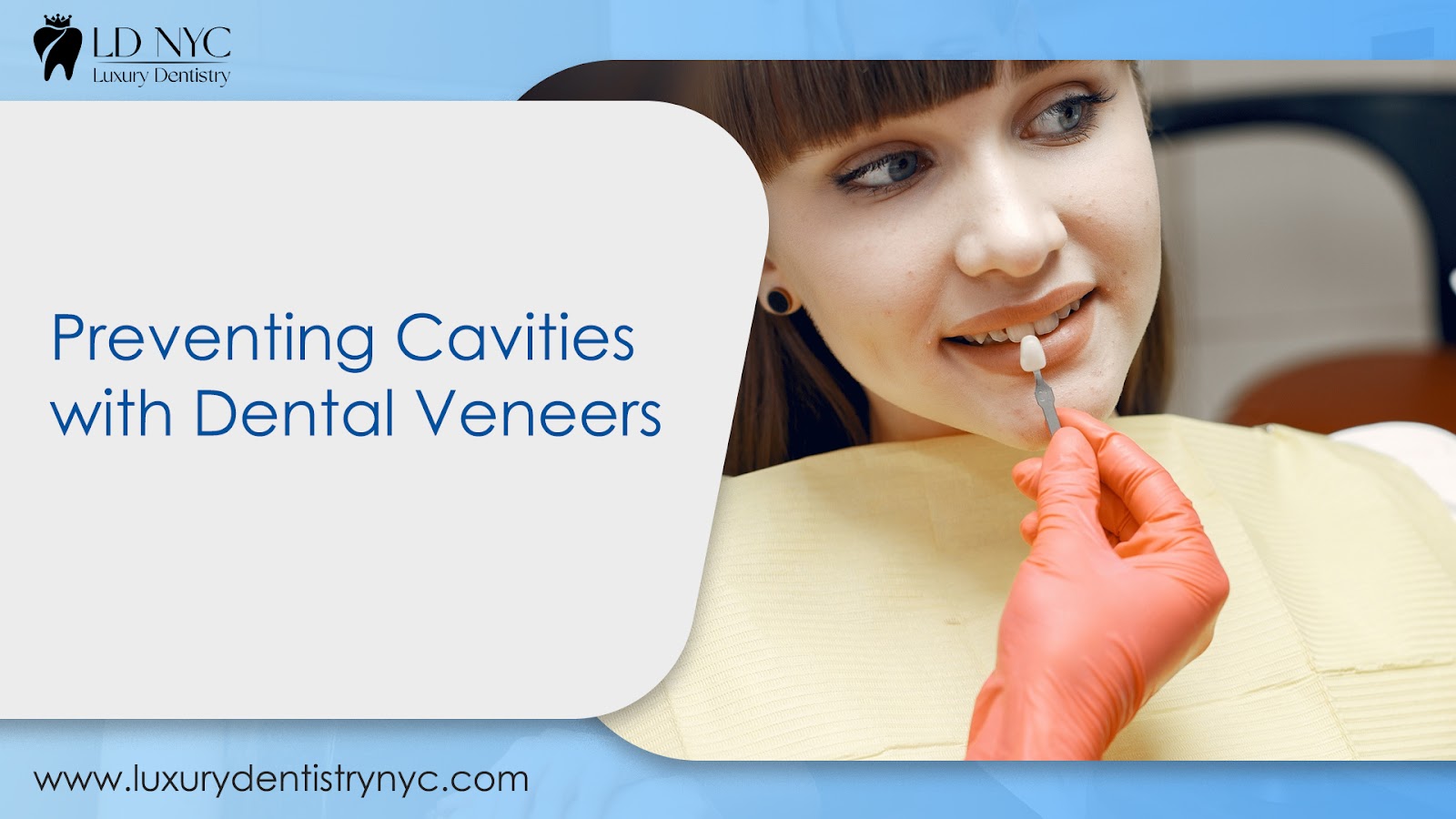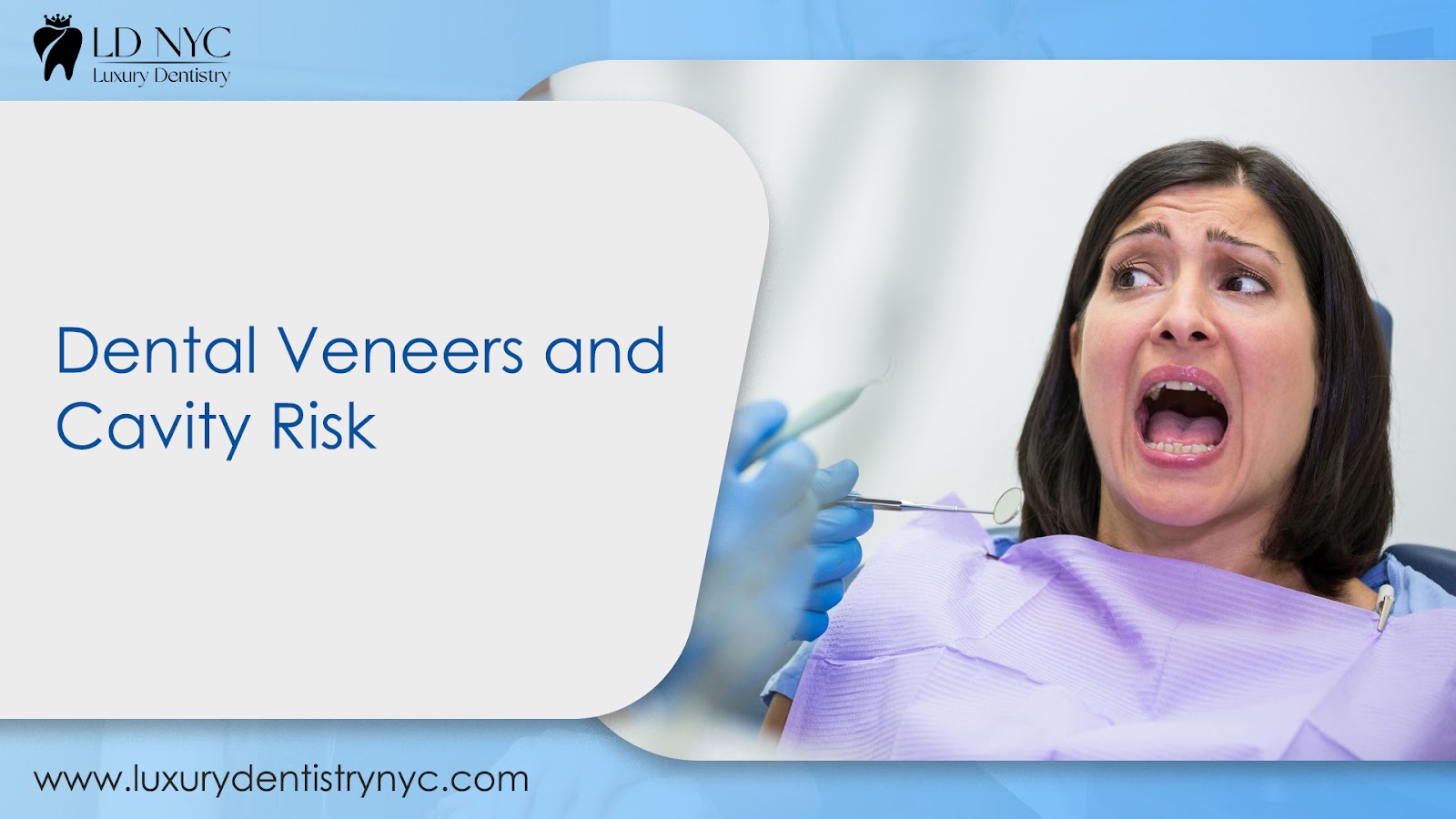Dental veneers, known for their ability to transform smiles, are thin shells custom-made to cover the front surface of teeth. They provide an excellent way to improve the appearance of teeth that are discolored, stained, chipped, or misaligned. However, maintaining good oral hygiene while having veneers is paramount to prevent potential issues, including cavities.
Table of Contents
ToggleWhat Are Dental Veneers?
A Closer Look at Dental Veneers
Dental veneers are crafted from materials like porcelain or composite resin, designed to match the color and shape of your natural teeth, providing a seamless and aesthetically pleasing result. Not only do they enhance the appearance of your smile, but they also offer a layer of protection to your teeth.
The Veneer Placement Process
Your journey to a radiant smile with veneers begins with a thorough consultation with your dentist. During this process, a small amount of enamel is removed from the tooth’s surface to make room for the veneer. Impressions of your teeth are taken to create a customized veneer, which is then securely bonded to the prepared tooth.
Porcelain VS. Composite Resin
Veneers are typically made of either porcelain or composite resin. Porcelain veneers are known for their durability and stain resistance. Composite resin veneers, though not as durable, can be easily repaired. Regardless of the material, veneers possess a non-porous surface, making them resistant to external stains.

Dental Hygiene and Cavity Risk with Veneers
Proper Oral Care with Veneers
While veneers protect the front surface of your teeth, they don’t safeguard against cavities. Cavities occur due to the accumulation of plaque, a sticky film containing bacteria, on your teeth, which produce acids that attack your tooth enamel, potentially leading to cavities.
Cavity risk after veneers can still exist if proper oral care is not maintained.
Understanding Cavity Formation
While veneers protect the front surface of your teeth, they don’t safeguard against cavities. Cavities occur due to the accumulation of plaque, a sticky film containing bacteria, on your teeth, which produce acids that attack your tooth enamel, potentially leading to cavities.
Can You Still Get Cavities with Dental Veneers?
Contrary to a common misconception, veneers do not render your teeth impervious to cavities. Good dental hygiene and regular check-ups are essential to minimize the risk of cavities. Factors like diet and lifestyle choices can affect your susceptibility to them, even with veneers.

Preventing Cavities with Dental Veneers
Daily Dental Care for Veneer Wearers
Proper dental care is paramount in reducing cavity risk with veneers. Brush and floss regularly, ensuring meticulous cleaning around the veneer edges. Opt for a non-abrasive toothpaste and a soft-bristled toothbrush to protect your veneers.
Diet and Lifestyle Considerations
Avoid sugary foods and beverages as they contribute to cavity development. Opt for a balanced diet rich in calcium and other essential nutrients. Additionally, quit smoking and limit your intake of staining substances like coffee and red wine.
Dealing with Cavity Risk: Tips and Recommendations
Tips to Minimize Cavity Risk While Wearing Veneers
Regular dental check-ups, maintaining a diligent oral care routine, and staying informed about cavity risk are key to minimizing the potential for cavities with veneers. If you suspect any issues, promptly consult your dentist for professional advice.
Conclusion
In the journey to a perfect smile with veneers, understanding the nuances of dental hygiene and potential cavity risks is vital. Dental veneers offer a remarkable cosmetic solution but require proper care and attention. Balance the allure of a beautiful smile with vigilant oral hygiene to enjoy the aesthetic benefits of veneers while preserving your oral health.

Dr. Steven Davidowitz, also known as “Dr. D” by his patients, is one of the Upper East Side of NYC Manhattan’s leading cosmetic dentists that specialize in designing and maintaining beautiful smiles.












